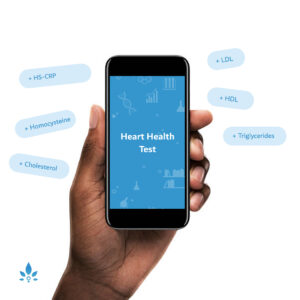What is a Stillbirth?


Stillbirth is defined as the loss of a fetus after 20 weeks gestation. This heartbreaking outcome complicates approximately 1 in 160 pregnancies, with 25,000 occurring each year in the United States.
Although we don’t always know what causes stillbirth, certain risk factors make a stillbirth more likely. These include advanced maternal age (being 35 years or older), African American race, obesity, and having your first baby. Other conditions that also increase the chance of stillbirth include diabetes, high blood pressure, smoking, illicit drug, and alcohol use, and infections such as listeria, to name a few.
In addition, women who have experienced a stillbirth are at an increased risk in their future pregnancies of this happening again. It is estimated that this risk is approximately two-fold, though it can definitely vary based on the cause of the stillbirth. For example, if a woman’s previous stillbirth was thought to be due to cocaine use and she has since stopped using the drug, it can be assumed her subsequent risk may not be as high.
The evaluation to understand why a stillbirth occurred is not a simple one, and how much or how little testing each family wants varies and needs to be respected. A workup may include an examination of the stillborn baby, an autopsy, genetic testing, examining the umbilical cord and placenta for any abnormalities, blood tests in the mother to look for infection or other medical conditions, and thorough history to see if any precipitating factor can be identified.
When it comes to future pregnancies, there is little evidence on how to monitor the baby to try to prevent another stillbirth. Doctors and midwives vary their practice when it comes to this, but some may recommend more frequent growth ultrasounds or fetal monitoring, despite their proven benefit as an attempt to prevent another catastrophic event.
To say that every family grieves their stillbirth differently is an understatement. It is normal to experience varied emotions, including anger, denial, and despair. Anxiety in future pregnancies is also extremely common. During this difficult time, it is important to reach out to those who have experienced something similar and to know you are not alone. Many hospitals and communities have local bereavement groups that can offer face-to-face support. Online resources can also be helpful during this difficult time.
Sources:
- The American Congress of Obstetricians and Gynecologists
- PB#102: Management of stillbirth
- March 2009.
Powered by Bundoo®













































